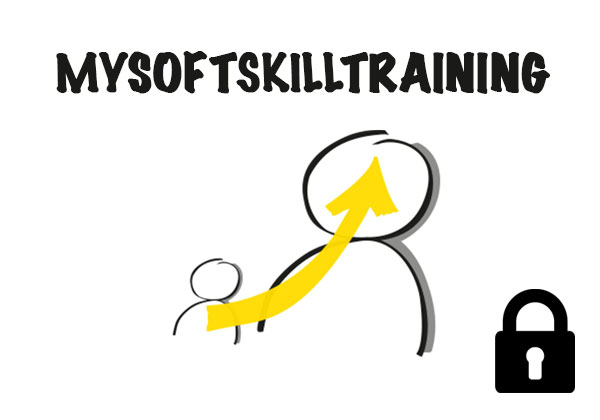QUESTION Correctly.
1. Who is asking?
“Am I being interrogated now?” asked my counterpart, provoked by my questioning. They say whoever asks, leads. But sometimes, it’s not that simple.
Before practicing questioning techniques, it’s important to be aware of your perspective. Who is asking? Which role are you currently assuming?
There are three roles: 1. the midwife, 2. the sparring partner, and 3. the advisor. In a good coaching conversation, you should follow this sequence. In the role of the midwife, you ask questions that promote self-help. When you feel that you have built enough trust, you can take on the role of the sparring partner, challenging a bit more and inviting a change of perspective. The third role, the advisor, must be well-secured: ensuring you really have the mandate to give advice. Caution! Even if your advice is explicitly sought, that might not be enough. The overall context matters. Well-intended advice can be perceived as knowing better.
This can lead to hurt feelings and rejection.
– QUESTION Correctly


QUESTION Correctly.
2. The midwife.
Do everything to ensure that the birth is a beautiful experience – but you are not the one having the baby. This is the role of the midwife. From the perspective of the midwife, you ask questions like: “What would help you? What is most important to you? What advice would you give yourself?”
You try to fully align with your counterpart and walk in the coachee’s moccasins. The art is not to lose your connection to yourself in the process.
In the role of the midwife, you provide help for self-help.
– QUESTION Correctly
QUESTION Correctly.
3. Der Sparringspartner.
Once you have built enough acceptance and trust with your counterpart in the role of the midwife, you can cautiously move to stage 2.
Stage 2 is the role of the sparring partner – the benevolent provocateur. In this role, you can use the tool of exaggeration to achieve more clarity. For example: “What if this were ten times stronger?”
You can also help your counterpart overcome limitations with the so-called miracle question: “What if it were possible – what would be possible then?”
Up to: “How could you sabotage yourself on your path?” to possibly discover together with your coachee that they have already unconsciously fallen into the trap of self-sabotage.
From such an insight, the solution becomes immediately apparent.
– QUESTION Correctly

Book your training now:
Learning to QUESTION Correctly requires practice.
It begins with your understanding and acceptance of a methodology.
Success follows when you can apply it daily. This requires repetition. We can train you in this. Accompanying people in their progress is a fulfilling task for us.
For training in case studies, nature has given us a gift: we humans cannot pretend. A simulated situation feels real subconsciously. Our emotions during training are the same as in a real situation. Successful top athletes are aware of this effect.
The most effective feedback comes from yourself. We provide you with guidance and ensure a safe environment for this.
Empowering people is our passion. There is no task more fulfilling than supporting people in their personal development.



